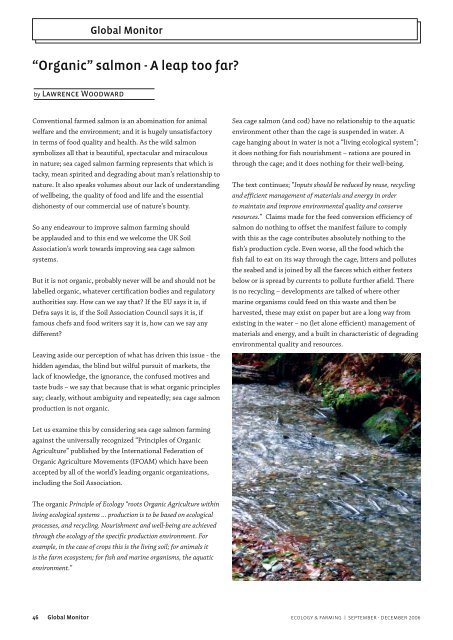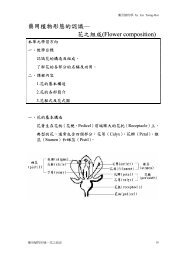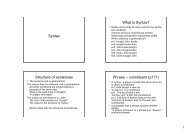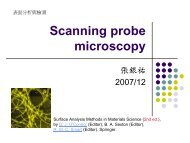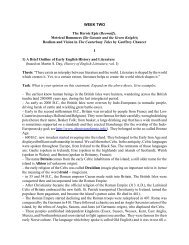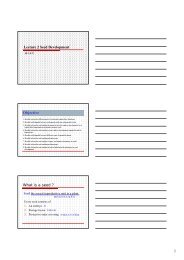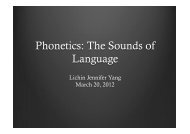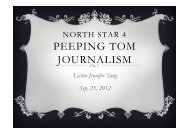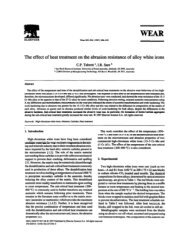Ecology and Farming
Ecology and Farming
Ecology and Farming
You also want an ePaper? Increase the reach of your titles
YUMPU automatically turns print PDFs into web optimized ePapers that Google loves.
“Organic” salmon - A leap too far?<br />
by Lawrence Woodward<br />
Conventional farmed salmon is an abomination for animal<br />
welfare <strong>and</strong> the environment; <strong>and</strong> it is hugely unsatisfactory<br />
in terms of food quality <strong>and</strong> health. As the wild salmon<br />
symbolizes all that is beautiful, spectacular <strong>and</strong> miraculous<br />
in nature; sea caged salmon farming represents that which is<br />
tacky, mean spirited <strong>and</strong> degrading about man’s relationship to<br />
nature. It also speaks volumes about our lack of underst<strong>and</strong>ing<br />
of wellbeing, the quality of food <strong>and</strong> life <strong>and</strong> the essential<br />
dishonesty of our commercial use of nature’s bounty.<br />
So any endeavour to improve salmon farming should<br />
be applauded <strong>and</strong> to this end we welcome the UK Soil<br />
Association’s work towards improving sea cage salmon<br />
systems.<br />
But it is not organic, probably never will be <strong>and</strong> should not be<br />
labelled organic, whatever certification bodies <strong>and</strong> regulatory<br />
authorities say. How can we say that? If the EU says it is, if<br />
Defra says it is, if the Soil Association Council says it is, if<br />
famous chefs <strong>and</strong> food writers say it is, how can we say any<br />
different?<br />
Leaving aside our perception of what has driven this issue - the<br />
hidden agendas, the blind but wilful pursuit of markets, the<br />
lack of knowledge, the ignorance, the confused motives <strong>and</strong><br />
taste buds – we say that because that is what organic principles<br />
say; clearly, without ambiguity <strong>and</strong> repeatedly; sea cage salmon<br />
production is not organic.<br />
Let us examine this by considering sea cage salmon farming<br />
against the universally recognized “Principles of Organic<br />
Agriculture” published by the International Federation of<br />
Organic Agriculture Movements (IFOAM) which have been<br />
accepted by all of the world’s leading organic organizations,<br />
including the Soil Association.<br />
The organic Principle of <strong>Ecology</strong> “roots Organic Agriculture within<br />
living ecological systems ... production is to be based on ecological<br />
processes, <strong>and</strong> recycling. Nourishment <strong>and</strong> well-being are achieved<br />
through the ecology of the specific production environment. For<br />
example, in the case of crops this is the living soil; for animals it<br />
is the farm ecosystem; for fish <strong>and</strong> marine organisms, the aquatic<br />
environment.”<br />
Global Monitor<br />
Sea cage salmon (<strong>and</strong> cod) have no relationship to the aquatic<br />
environment other than the cage is suspended in water. A<br />
cage hanging about in water is not a “living ecological system”;<br />
it does nothing for fish nourishment – rations are poured in<br />
through the cage; <strong>and</strong> it does nothing for their well-being.<br />
The text continues; “Inputs should be reduced by reuse, recycling<br />
<strong>and</strong> efficient management of materials <strong>and</strong> energy in order<br />
to maintain <strong>and</strong> improve environmental quality <strong>and</strong> conserve<br />
resources.” Claims made for the feed conversion efficiency of<br />
salmon do nothing to offset the manifest failure to comply<br />
with this as the cage contributes absolutely nothing to the<br />
fish’s production cycle. Even worse, all the food which the<br />
fish fail to eat on its way through the cage, litters <strong>and</strong> pollutes<br />
the seabed <strong>and</strong> is joined by all the faeces which either festers<br />
below or is spread by currents to pollute further afield. There<br />
is no recycling – developments are talked of where other<br />
marine organisms could feed on this waste <strong>and</strong> then be<br />
harvested, these may exist on paper but are a long way from<br />
existing in the water – no (let alone efficient) management of<br />
materials <strong>and</strong> energy, <strong>and</strong> a built in characteristic of degrading<br />
environmental quality <strong>and</strong> resources.<br />
4 Global Monitor <strong>Ecology</strong> & <strong>Farming</strong> | SEptEmbEr - DEcEmbEr 2006


